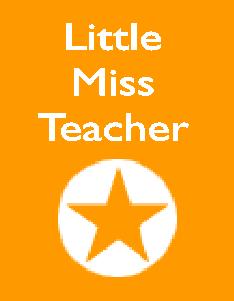Synthetic Phonics - The Rose Report
Jim Rose's interim report was published last week. It seems to suggest a move towards the use of synthetic phonics as oppopsed to the NLS analytical approach.
To me this is good news. I have been using a synthetic phonics approach for several years now and with great success.
I have read Friday's BBC report, by their education correspondent, Mike Baker. Like many, he is dubious, which is fair enough, but again he seems to think the teaching of reading is all about phonics. Phonics is essential obviously, but teaching reading is a whole lot more besides.
I feel that this is a good move and Jim Rose is correct, this is the first step, which then needs to be developed.
In the article, like many others, Mike Baker seems to think teaching reading is only about phonics. This is not the case. Many synthetic phonics programmes, such as Jolly Phonics, state that once the children have a good knowledge of phonics, it enables us to move on to develop other literacy skills and a love of reading.
For me, teaching my class phonics comes first, but I am quickly able to move on to teaching transactional reading strategies, which enables the children to understand what they read, not simply decode it.
I think Jim Rose's recommendation is the first step in a series which is needed. More teachers need to know how to teach guided reading. If you browse the TES message boards, you will see many questions every week from teachers about how to do this. They are unsure, and similar to Mike Baker, seem to think reading is only about phonics.
Something else the BBC report has failed to mention is writing. If the children have been taught synthetic phonics, they are then able to identify the sounds in words which enables them to write independently too.
I believe this is a good move in the right direction. The synthetic schemes available out there, in the main, provide a clear overview of what to teach, when and how. This in itself has to be more beneficial than the methods initially prescribed in the NLS which threw teachers into an almighty panic. Most of the programmes available provide teachers with simple, clear guidance on how to deliver the content, making our lives easier!
Also, so many schools have already adapted a synthetic phonics approach, the government needs to acknowledge the changes which have happened under their noses. I believe that about 54% of schools in the UK already use synthetic phonics anyway!
Obviously, I am a big fan of Jolly Phonics, but only because I have yet to use anything else that achieves better results. If something new came along, I would try it and if it resulted in my class making more progress, I would use it. So far, the only programme to do this in my own experience has been Jolly Phonics.
Also have a look at the Synthetic Phonics website for a look at some other synthetic programmes available.
Deb





0 Comments:
Post a Comment
<< Home